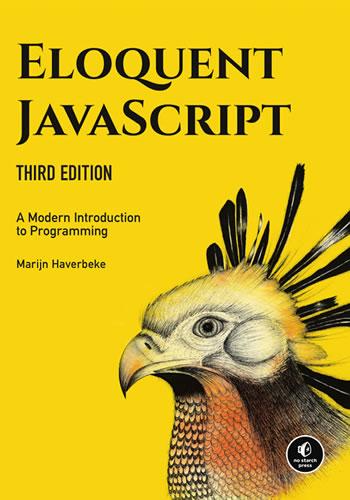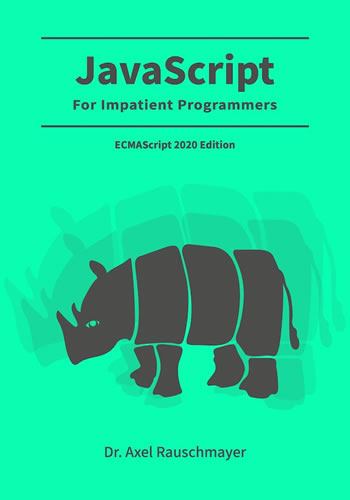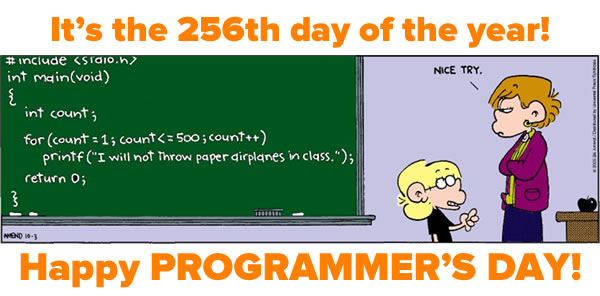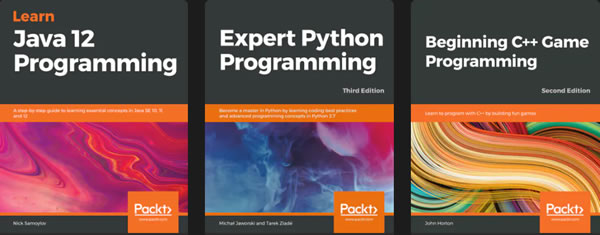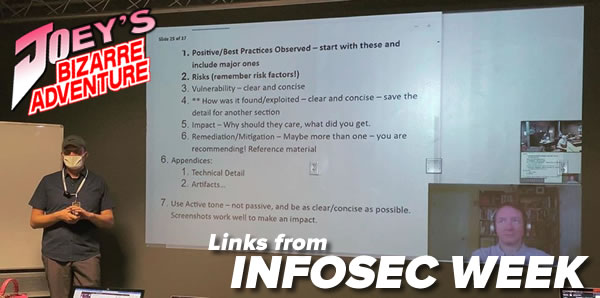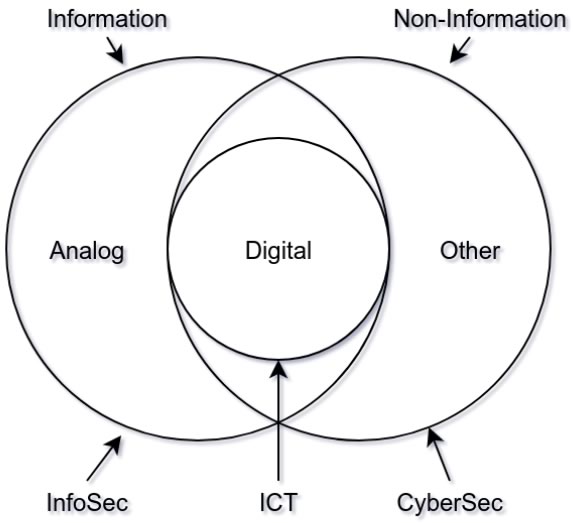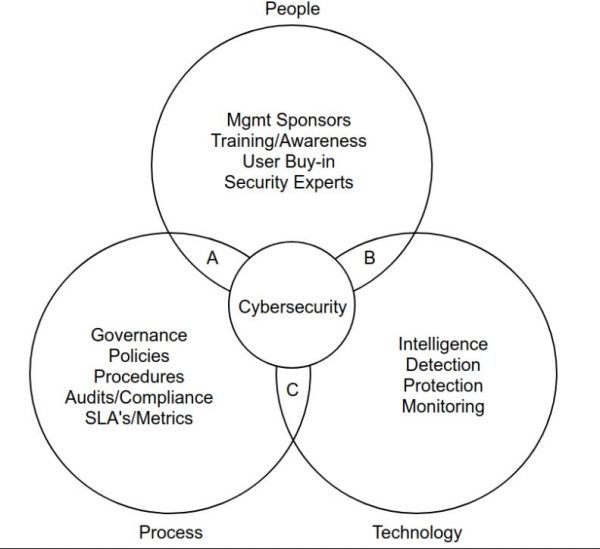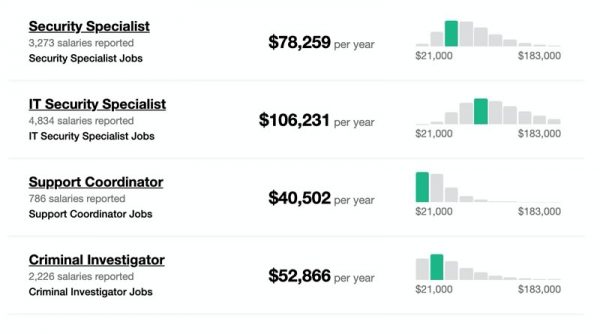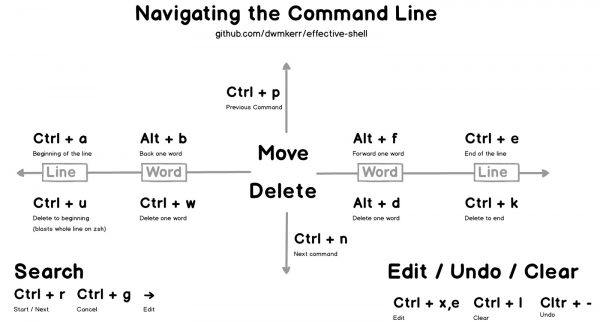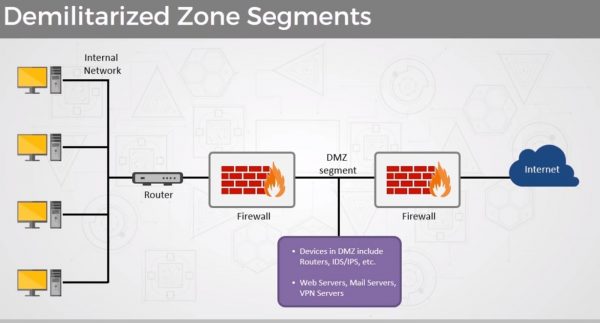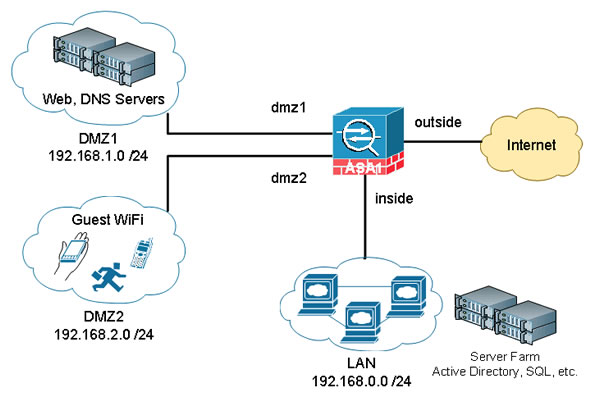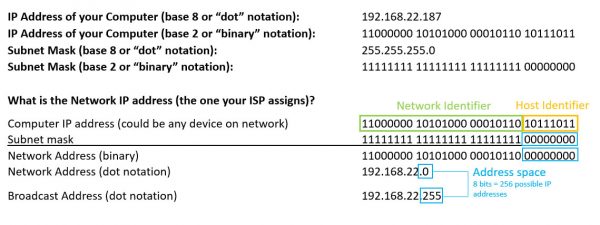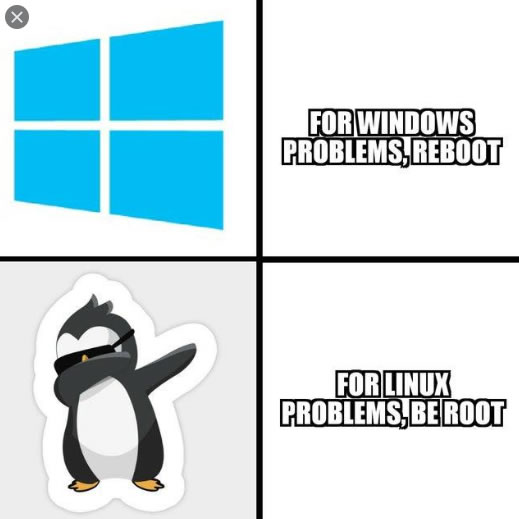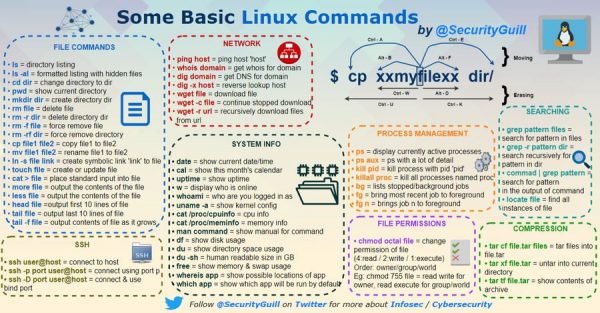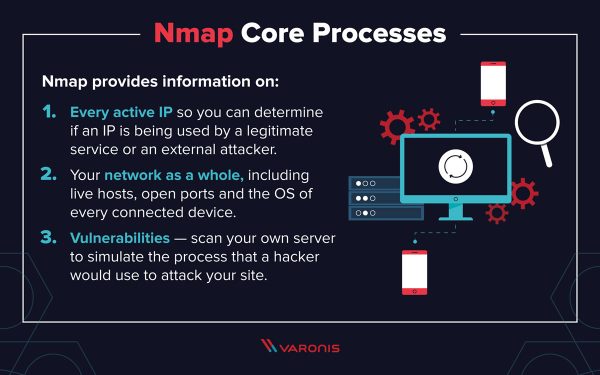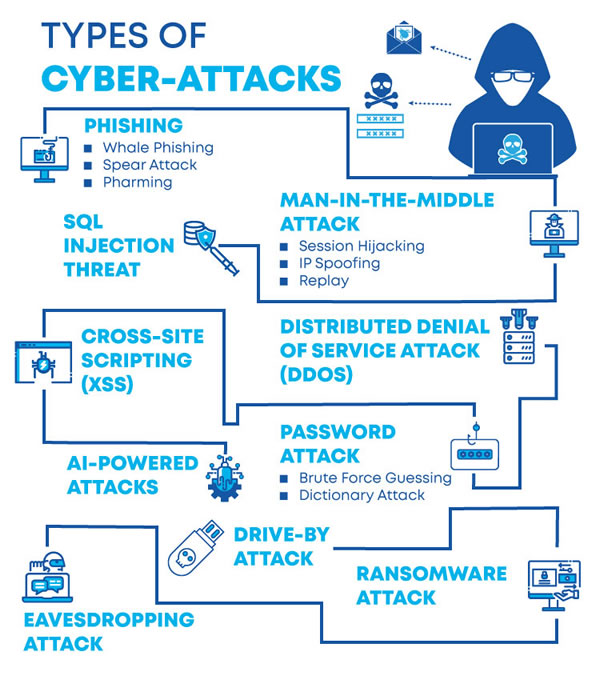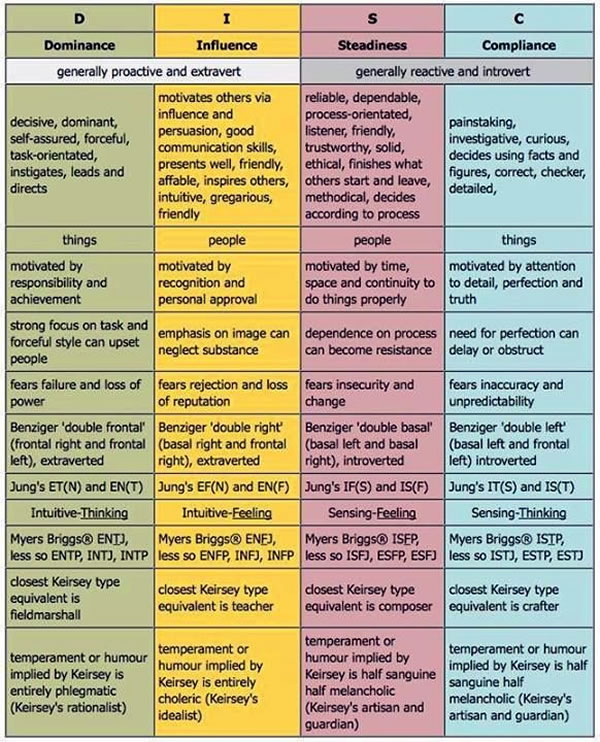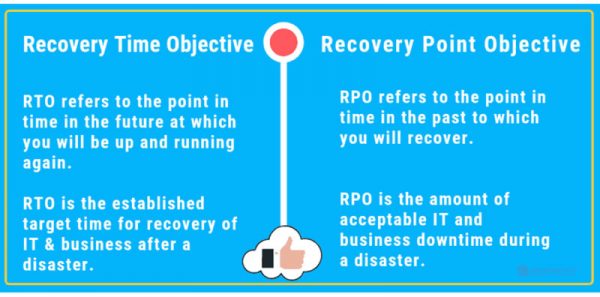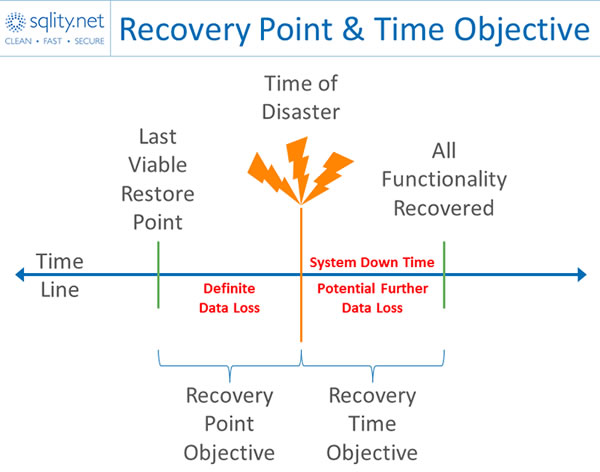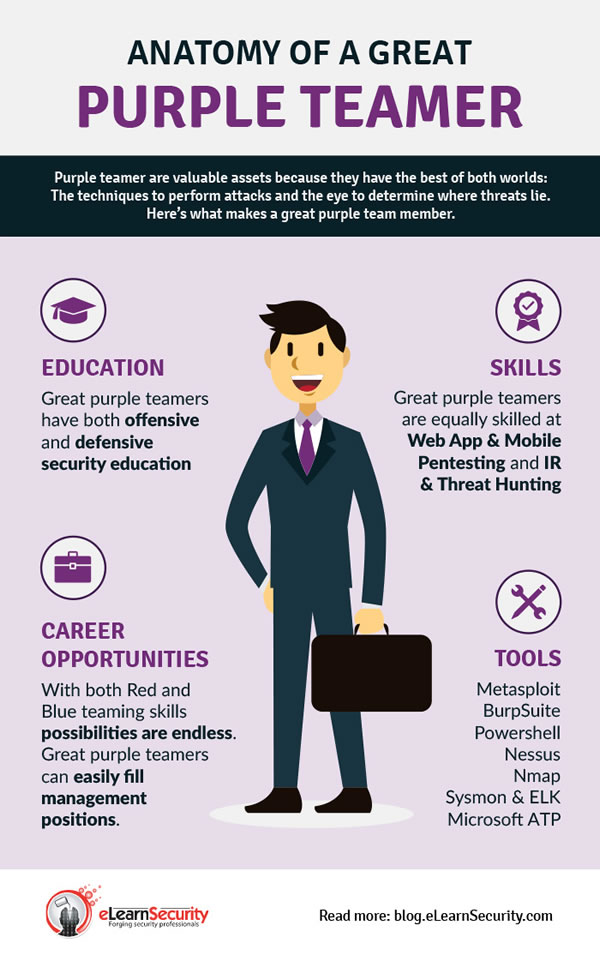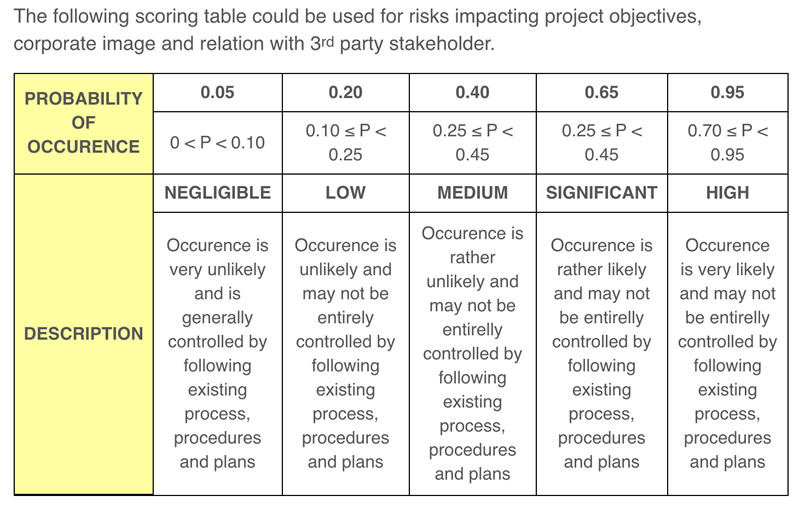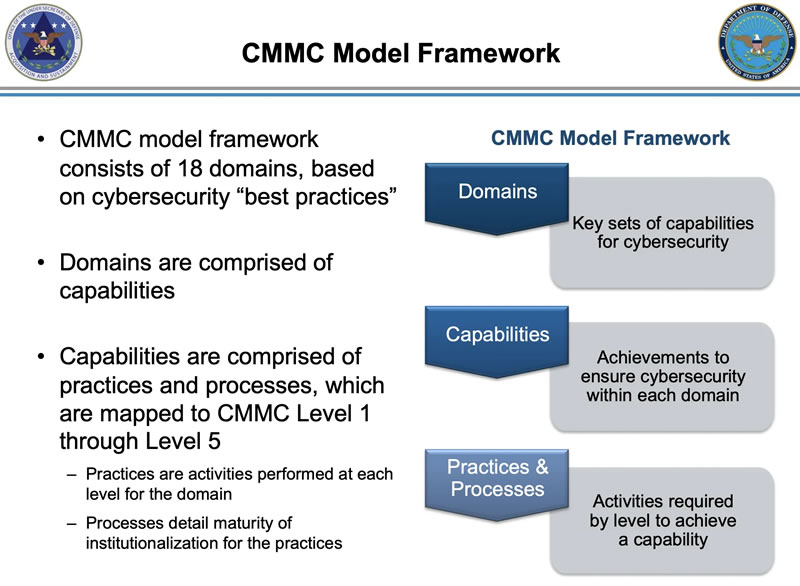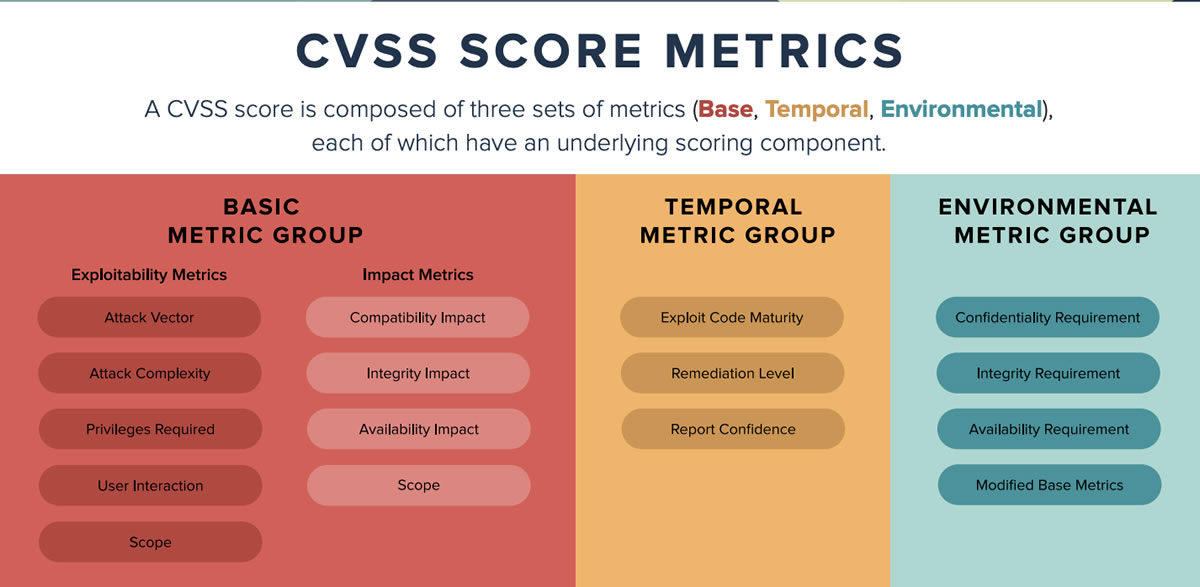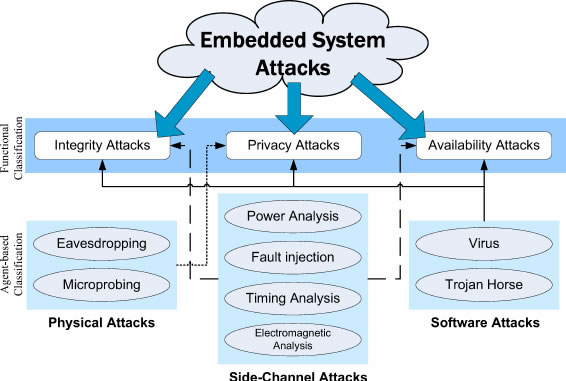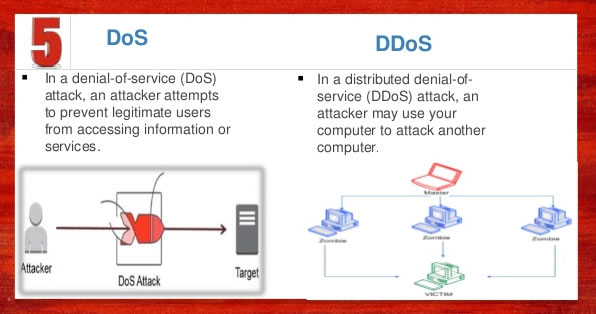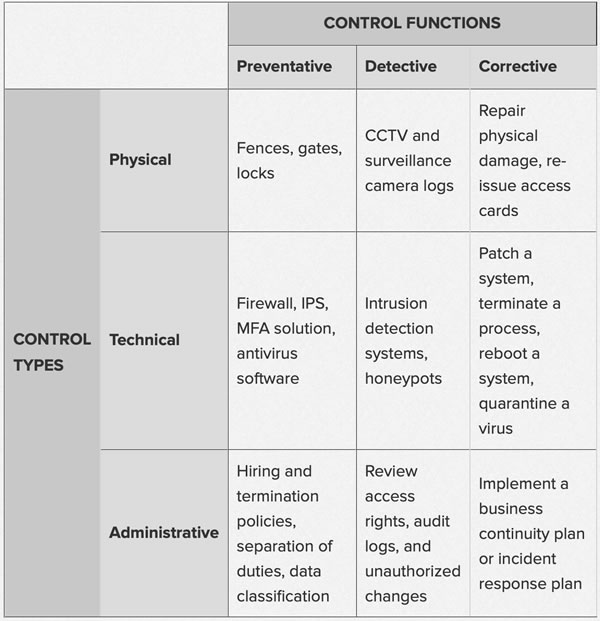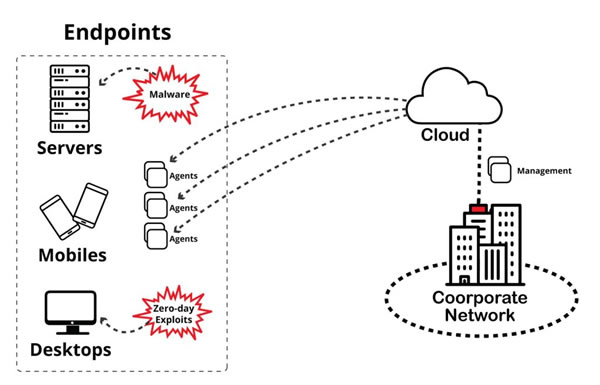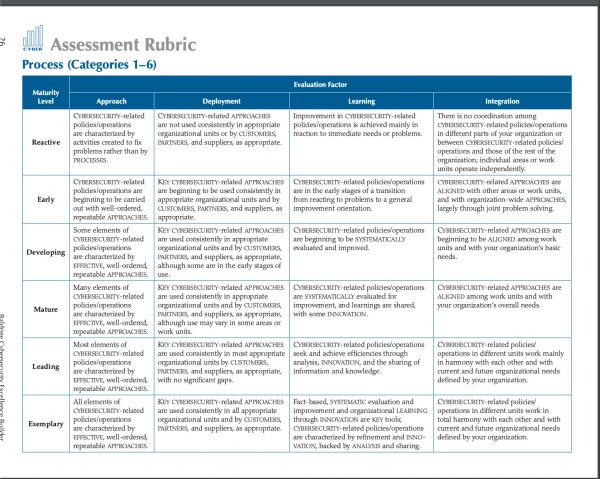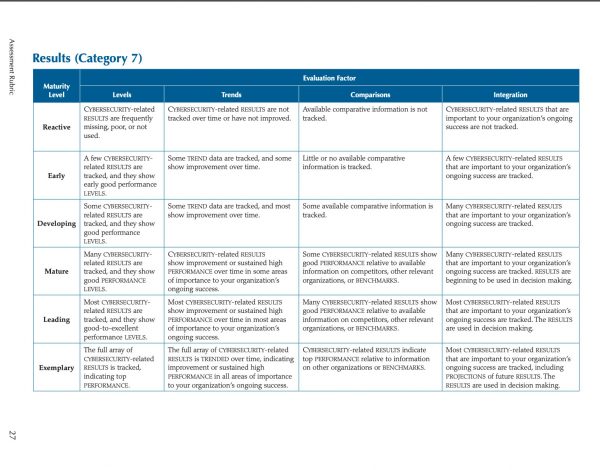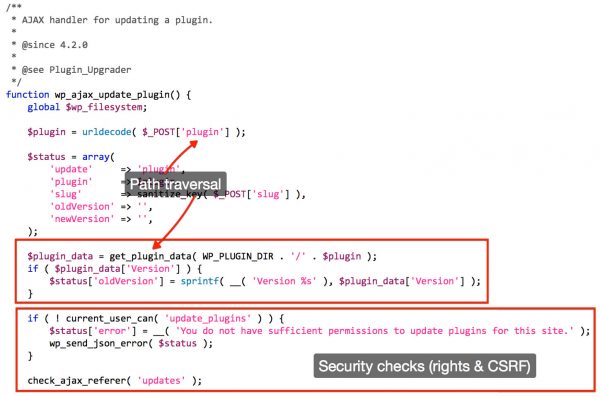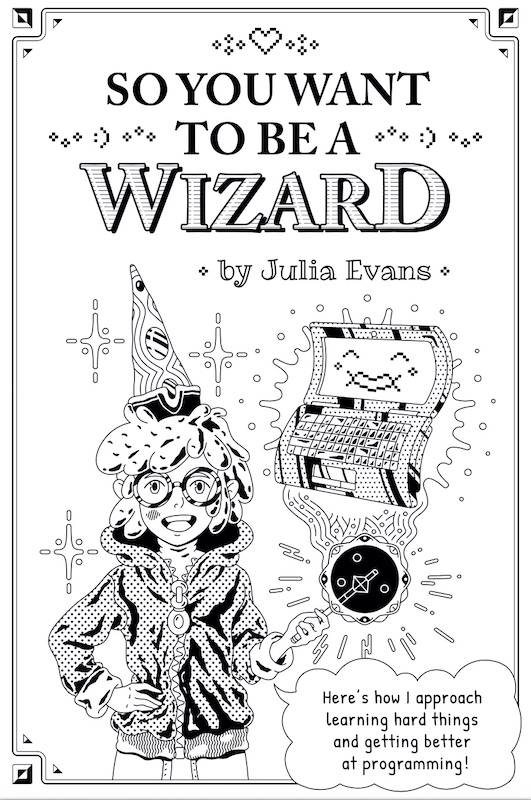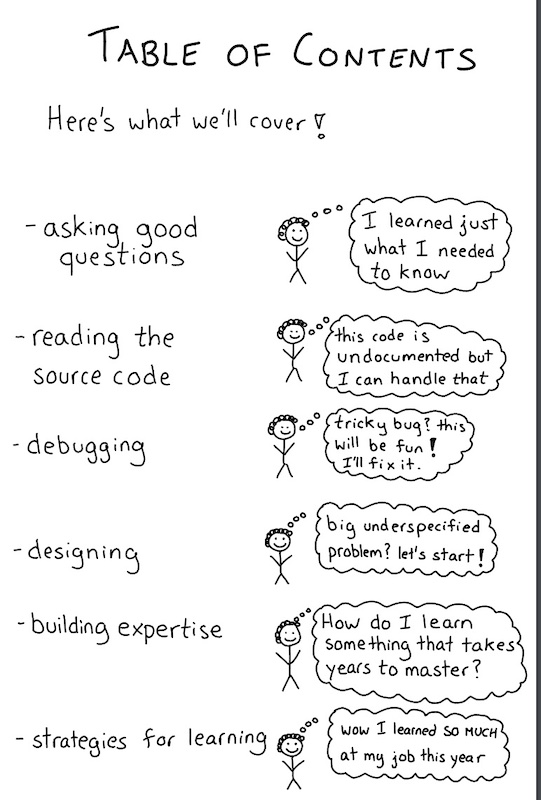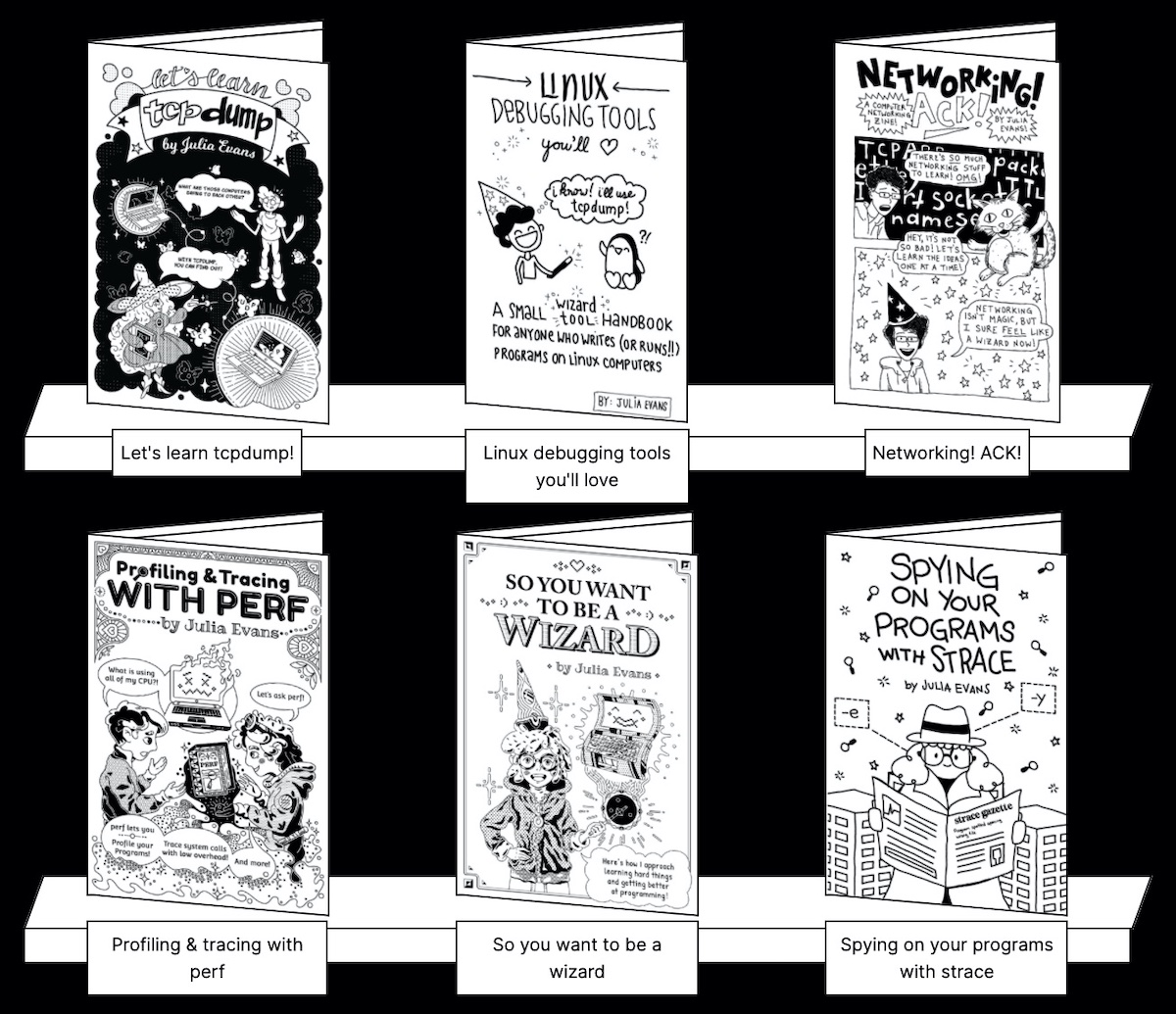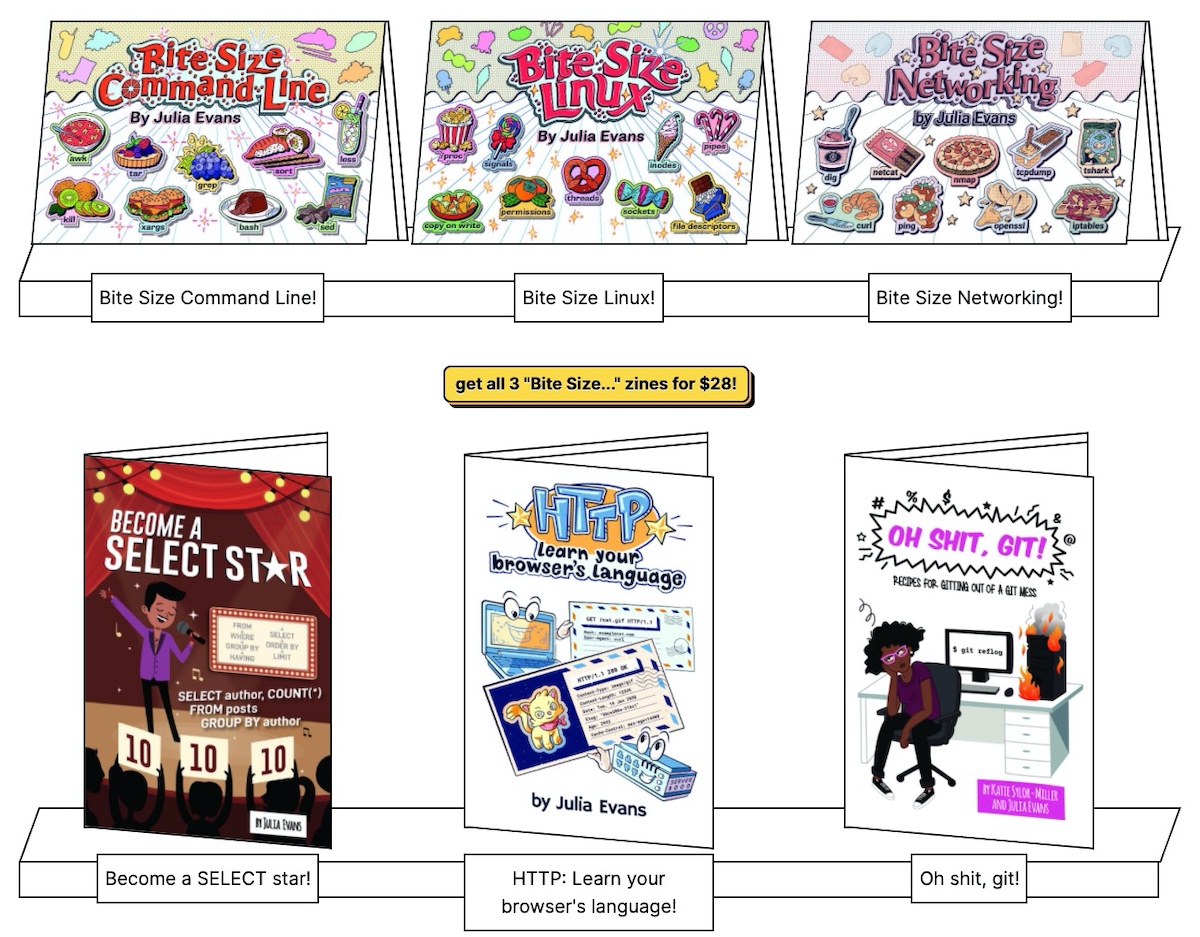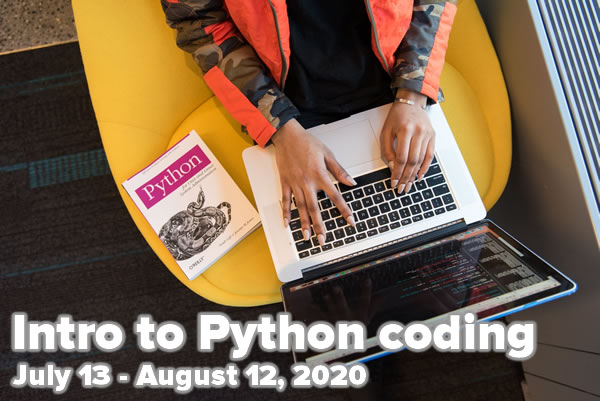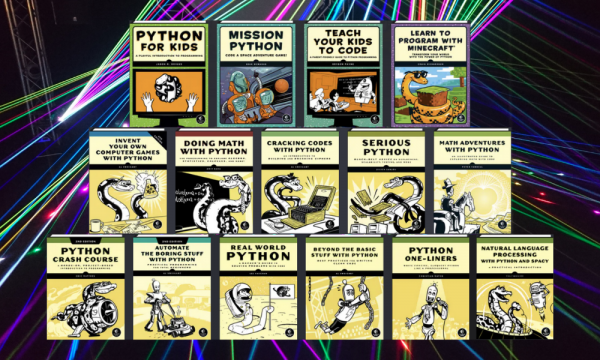 Once a year, Humble Bundle releases a bundle of No Starch Press’ excellent Python books, and it’s that time of year again! For the next 18 days from the time of this writing, you can get $411 worth of ebooks for as little as $18.
Once a year, Humble Bundle releases a bundle of No Starch Press’ excellent Python books, and it’s that time of year again! For the next 18 days from the time of this writing, you can get $411 worth of ebooks for as little as $18.
What you get for $1
The bundle is sold in tiers. If you pay only $1, you get this portion of the bundle, which makes for a great starter set for younger readers or if you’re thinking of getting into game development:
- Python for Kids: A Playful Introduction to Programming
- Mission Python: Code a Space Adventure Game!
- Teach Your Kids to Code: A Parent-Friendly Guide to Python Programming
- Learn to Program with Minecraft: Transform Your World with the Power of Python
If these books alone for a dollar have piqued your interest, you can get them now by going to the Humble Bundle Python book page.
If a dollar is all you can spare, you’ll still be well-served by this deal. However, if you can spend a little more, the deal gets better…
What you get for $10 – $17.99
Pay between $10 and $17.99, and they’ll add these to the bundle:
- Invent Your Own Computer Games with Python, 4th Edition
- Doing Math with Python: Use Programming to Explore Algebra, Statistics, Calculus, and More!
- Cracking Codes with Python: An Introduction to Building and Breaking Ciphers
- Serious Python: Black-Belt Advice on Deployment, Scalability, Testing, and More
- Math Adventures with Python: An Illustrated Guide to Exploring Math with Code
In my opinion, the stand-out book in this tier is Serious Python, which cover languages features, tools, and techniques that you’ll need as you start writing applications that you or your customers will regularly use and rely upon.
If $17.99 is the most you can spare, you’re still getting a good deal, and you can go to the Humble Bundle Python book page and get your bundle now.
However, if you can part with $18 or more, you should read on…
What you get for $18 or more
And finally, if you pay $18 or more, they’ll throw in the gems of the collection:
- Python Crash Course: A Hands-On, Project-Based Introduction to Programming, 2nd Edition
- Automate the Boring Stuff with Python: Practical Programming for Total Beginners
- Real-World Python: A Hacker’s Guide to Solving Problems with Code
- Beyond the Basic Stuff with Python: Best Practices for Writing Clean Code
- Python One-Liners: Write Concise, Eloquent Python Like a Professional
- Natural Language Processing with Python and spaCy: A Practical Introduction
If you’re serious about learning Python, you’ll want to pay $18 or more I used Python Crash Course and Automate the Boring Stuff with Python in the Python courses I taught last year.
Even though I bought the 2020 edition of this bundle, I bought the 2021 edition just to get Real World Python is a great way to learn some new tricks through its tour of algorithms and Python libraries. It was cheaper to buy the bundle than to buy Real World Python on its own. Do the math: You can pay $28 for Real World Python, or get all the books in the bundle for $10 less!
Beyond the Basic Stuff with Python is a great guide for writing more Pythonic code, Python One-Liners is worth it for just the NumPy and regex chapters alone, and Natural Language Processing with Python and spaCY packs an NLP course with lots of practical exercises into under 200 pages.
If the $18 bundle is what you’re looking for, go to Humble Bundle and get it while it’s still available!
The money goes to good causes
The proceeds from sales of this bundle go to:

The mission of the Python Software Foundation is to promote, protect, and advance the Python programming language, and to support and facilitate the growth of a diverse and international community of Python programmers. The majority of the PSF’s work is focused on empowering and supporting people within the Python community. The PSF has active grant programs that support sprints, conferences, meetups, user groups, and Python development efforts all over the world. In addition, the PSF underwrites and runs PyCon US, the primary Python community conference. Being part of the PSF means being part of the Python community. Recently we changed the PSF to an open membership organization, so that everyone who uses and supports Python can join.
To learn more, visit https://www.python.org/psf/membership.

The No Starch Press Foundation is an IRS 501 (c) (3) tax-exempt non-profit corporation created to support and grow the collective knowledge and contributions of the worldwide hacker community.
We support hackers of all types, regardless of experience — whether that’s the passionate beginner or the lifelong hacker wishing to make a broader contribution to the hacker community and the world.
The Foundation was formed to give back to and strengthen the hacking community. The Foundation’s founder, William Pollock, has been closely involved with the hacking community since about 1999 and much of the success of his company, No Starch Press, is due to the support of the worldwide hacking community. To date, Pollock has given over $800,000 to the Foundation and is working to expand its donor base. The Foundation’s funding will be used to help strengthen and expand the hacking community, by educating the public about hacking and working to create safe and central places for the hacking community.



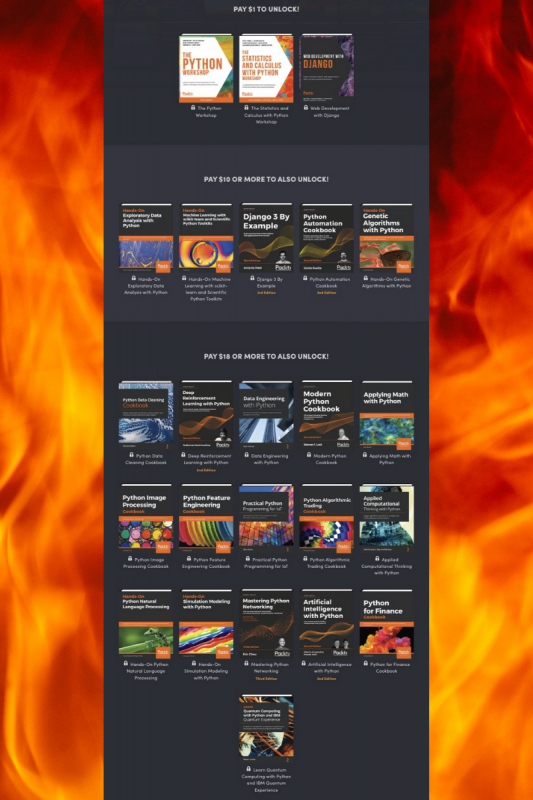

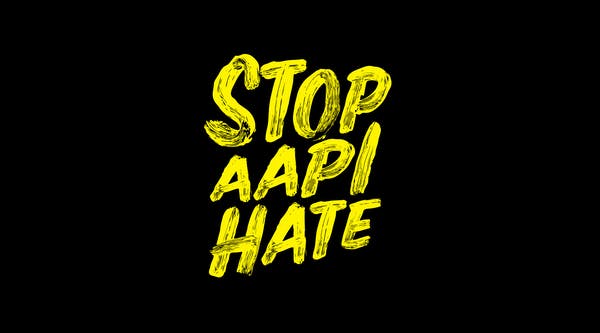

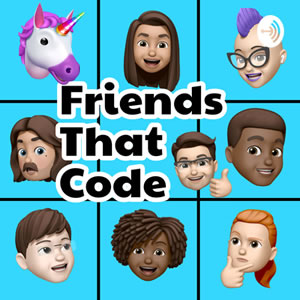
 The Mike Dominick Show
The Mike Dominick Show


